Constantly working, stressed about paying bills, taking care of family, and trying to stay healthy, the everyday pressures of life can take a toll on you. Maybe you were an anxious kid while growing up, or maybe you developed anxiety at a later stage in life. When symptoms are observed it’s possible that your mind is in overdrive, and you’re always waiting for the rug to be pulled out from under you.
The bright side is that popping pills isn’t the only way to get your fears and nerves under control. There are eight simple and effective ways to battle anxiety without medication.
1. Seek therapy
Talking to someone you trust is one way to deal with anxiety. But there’s something even better than that: Seek help from a therapist. If you’re dealing with pent-up frustrations and anxiety, talk to a therapist.
We’re talking about a healthy conversation. Avoiding therapy can be more overwhelming. Instead, get started with therapy at the earliest.
2. Get moving
Exercise is the last thing on you when your mind is already in overdrive. You may stress about post-workout soreness and being unable to walk or sit for the next two days. Or you may end up thinking about a worst-case scenario and you fear overexerting yourself and getting a heart attack.
But in reality, working out on a daily basis is one of the best natural antianxiety solutions. Physical activity secretes endorphins and serotonin levels to help you feel better emotionally. Feeling better on the inside improves your entire outlook. Your brain can’t equally focus on two things at once, exercise can help ward your mind off your problems.
Exercise for at least 30 minutes daily. Don’t exert your self. Any type of movement is good, so put on your playlist and get going.
3. Break up with caffeine
A fresh cup of tea, coffee, may help you feel better. But avoid excessive consumption of caffeine as it could further worsen anxiety. Caffeine may give the nervous system a jolt, which can boost energy levels. You may not like the idea of giving up your favourite caffeinated beverage completely as it might raise your heart rate and induce anxiety.
Moderation is the key.
Instead of having 4-5 cups of coffee a day, cut down to 1-2 cups a day . Try it and feel the difference.
4. Give yourself a bedtime
Your busy schedule might leave you with hardly any time for sleep. Some workaholics may brag about only sleeping for three or four hours a night showing they dont require 7-8 hours of sleep unlike others. But no matter what you think you’re not a robot.
Humans need sleep to function properly. Sleeping for only 3-4 hours will make you feel sluggish. Do yourself a favor and get eight to nine hours of sleep every night. Develop a bedtime routine of reading a book before sleeping.
5. Feel OK saying no
Dont overwhelm yourself with everyone else’s personal problems, your anxiety will also worsen. The adage, “There’s more happiness in giving than receiving.” does not imply here. If you’re driving someone around for some work , picking up their kids from school, or lending an ear to their problems, you’ll hardly have quality time for yourself.
If you spend almost all your energy caring for others. Learn to say “no” whenever required.
6. Don’t skip meals
If anxiety causes nausea, you wont feel like eating food. But skipping meals can make anxiety worse. Your blood sugar level drops when you don’t eat, which causes the release of cortisol. Cortisol may help you perform better under pressure, but it can also make you feel worse if you’re already prone to anxiety.
Just because you need to eat dont stuff just anything in your mouth. Sugar doesn’t cause anxiety, but a sugar rush causes physical symptoms of anxiety, such as nervousness and shaking. If you start to obsess over a reaction to sugar, you could have an out-all panic attack.
Include more lean proteins, fruits, vegetables, and healthy fats into your diet. Eat five to six small meals during the day, and avoid or limit your intake of sugar and refined carbohydrates.

